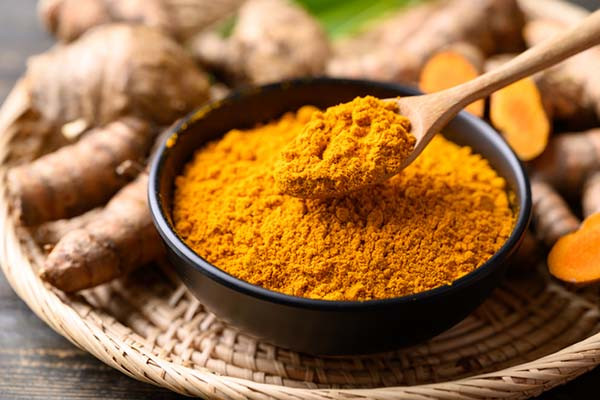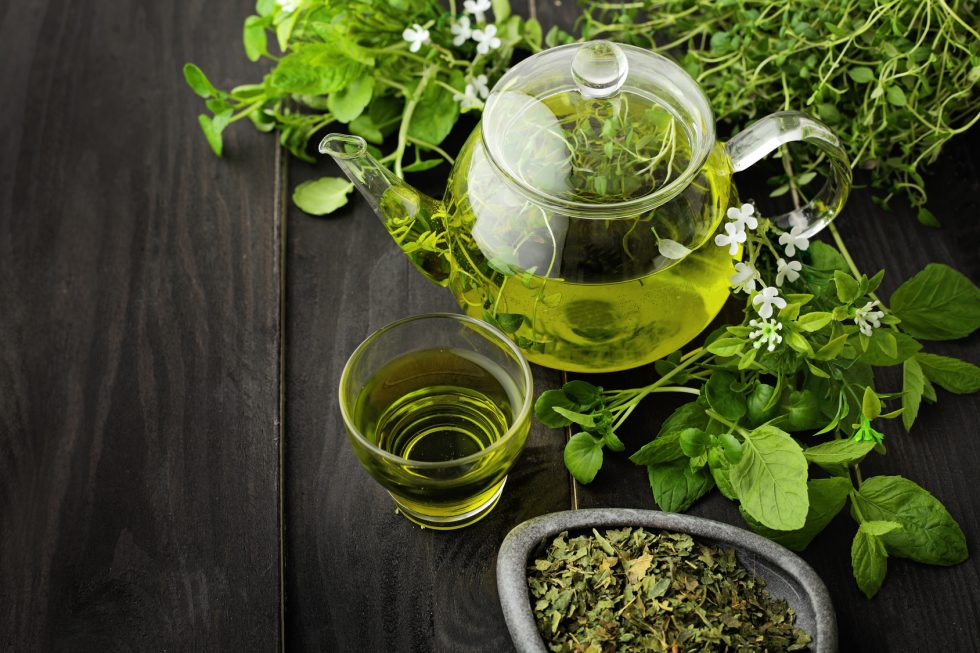Turmeric, green tea among supplements linked to liver damage - study

The study has issued a caution, noting that the evidence supporting the safety of these supplements is not as robust as many might believe.
A recent study published by JAMA Network has raised concerns about the potential liver damage caused by widely-used botanical supplements, such as turmeric and green tea, particularly when consumed in high doses.
For some, starting the day without a cup of green tea feels incomplete, while others enjoy it as a refreshing beverage throughout the day.
More To Read
Turmeric has also gained popularity, with many people adding it to their drinks for its vibrant colour and purported benefits. Additionally, supplements like Garcinia cambogia, black cohosh, and red yeast rice have become go-to options for those seeking natural remedies.
The supplements are commonly used by consumers to enhance joint health, ease arthritis pain, increase energy, assist with weight loss, manage hot flashes and support heart health.
However, the study has issued a caution, noting that the evidence supporting the safety of these supplements is not as robust as many might believe.
The research team, who analysed data between July 1, 2023, and February 1, 2024, highlighted that herbal and dietary supplements (HDSs) are increasingly linked to cases of drug-induced hepatotoxicity, a serious liver injury also known as toxic liver disease. U.S. Census data from 2020 was also used to estimate how widespread these practices are across the country.
Symptoms of the condition include jaundice, fatigue, nausea, rashes, itching, and upper-right abdominal pain.
The researchers also found out that a significant number of people take these supplements without medical supervision.
 Green tea. (Photo: Voyles Family Dental)
Green tea. (Photo: Voyles Family Dental)
“The study analysing nationally representative data from 9685 adults, 4.7 per cent of US adults reported exposure to six potentially hepatotoxic botanicals: turmeric was most frequently reported, followed in order by green tea, ashwagandha, Garcinia cambogia, red yeast rice, and black cohosh products. Botanical product users were significantly older, more educated, and more likely to have arthritis compared with nonusers,” reads the report.
According to the report, people who used the six botanicals were generally older, more educated, and more likely to have arthritis compared to those who didn’t use herbal supplements.
It revealed that an estimated 15.6 million U.S. adults used at least one of the botanicals in the past month, which is similar to the number of people who were prescribed potentially liver-harming drugs like simvastatin and nonsteroidal anti-inflammatory drugs (NSAIDs).
The study also notes that most people take turmeric and green tea to improve or maintain their health.
The researchers further pointed out that the regulatory oversight for these supplements is less rigorous compared to prescription medications, and chemical testing has revealed discrepancies between the advertised contents and the actual doses in the products.
“The results of this study suggest that clinicians should be aware of possible adverse events from consumption of these largely unregulated products,” reads the report.
The World Health Organization (WHO) Global Report on Traditional and Complementary Medicine supports the findings, acknowledging the significant role that traditional and complementary medicine plays in preventing and managing lifestyle-related chronic diseases and in addressing the health needs of ageing populations.
However, the WHO report also emphasises the need for careful consideration of the safety and efficacy of such treatments.
Top Stories Today












































